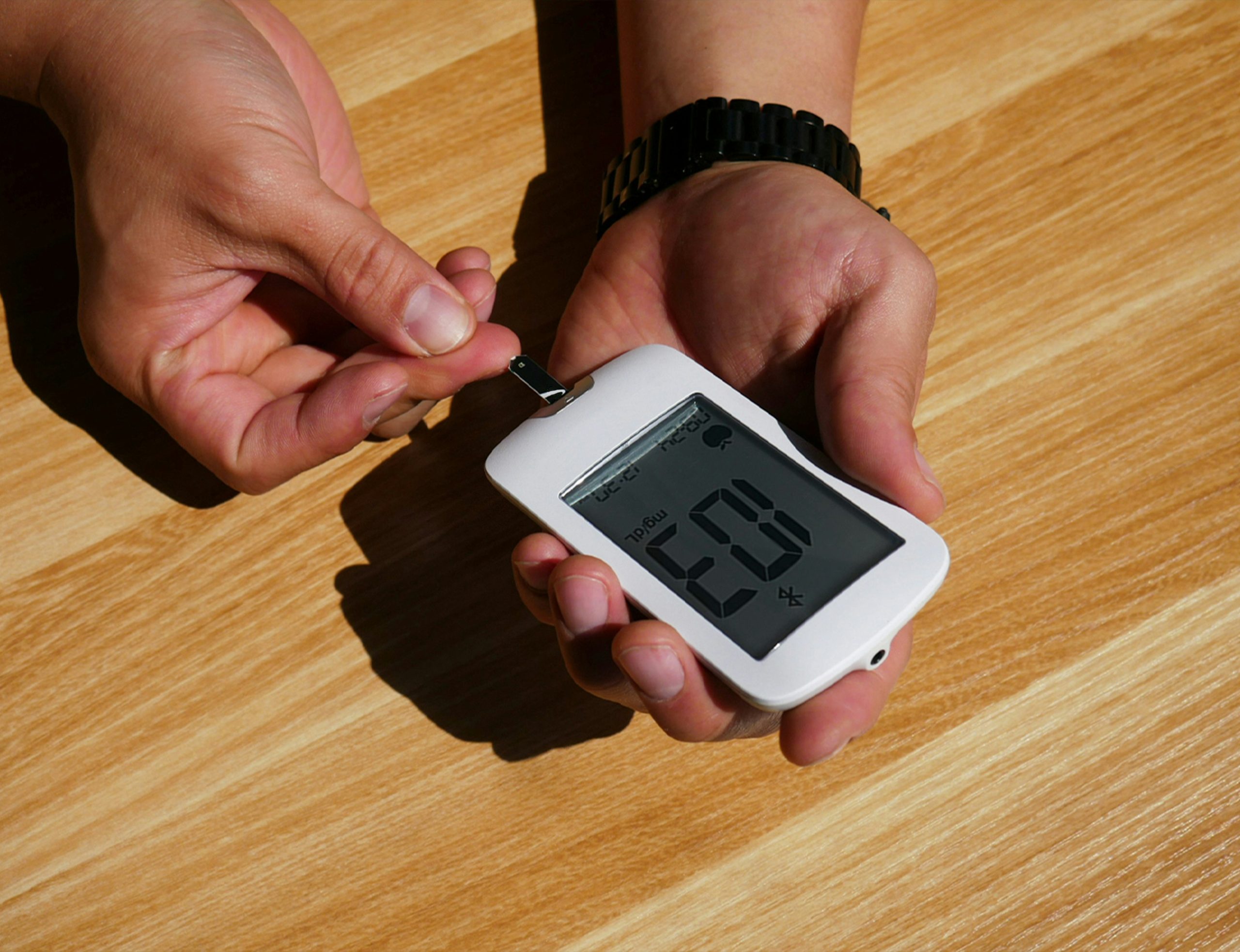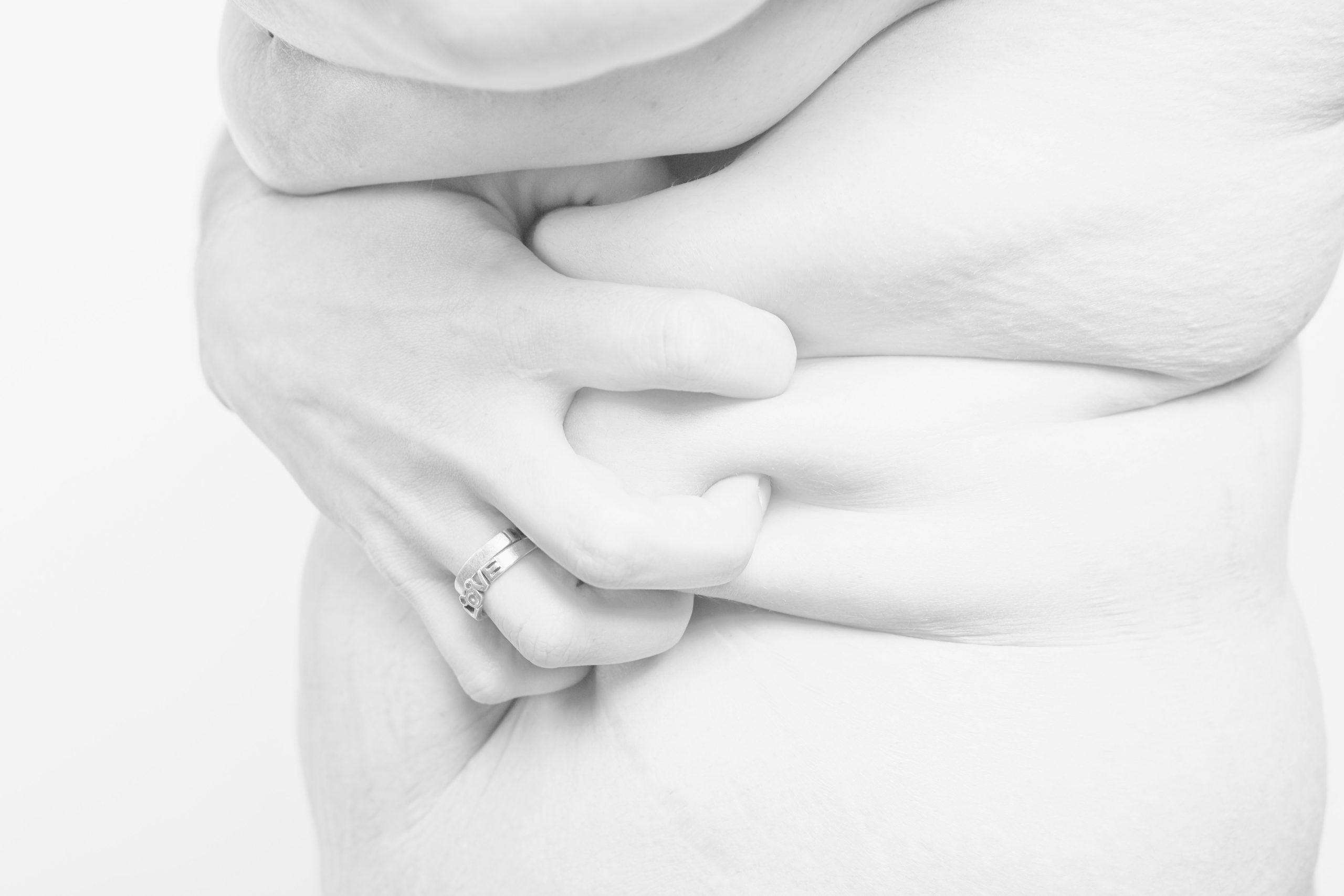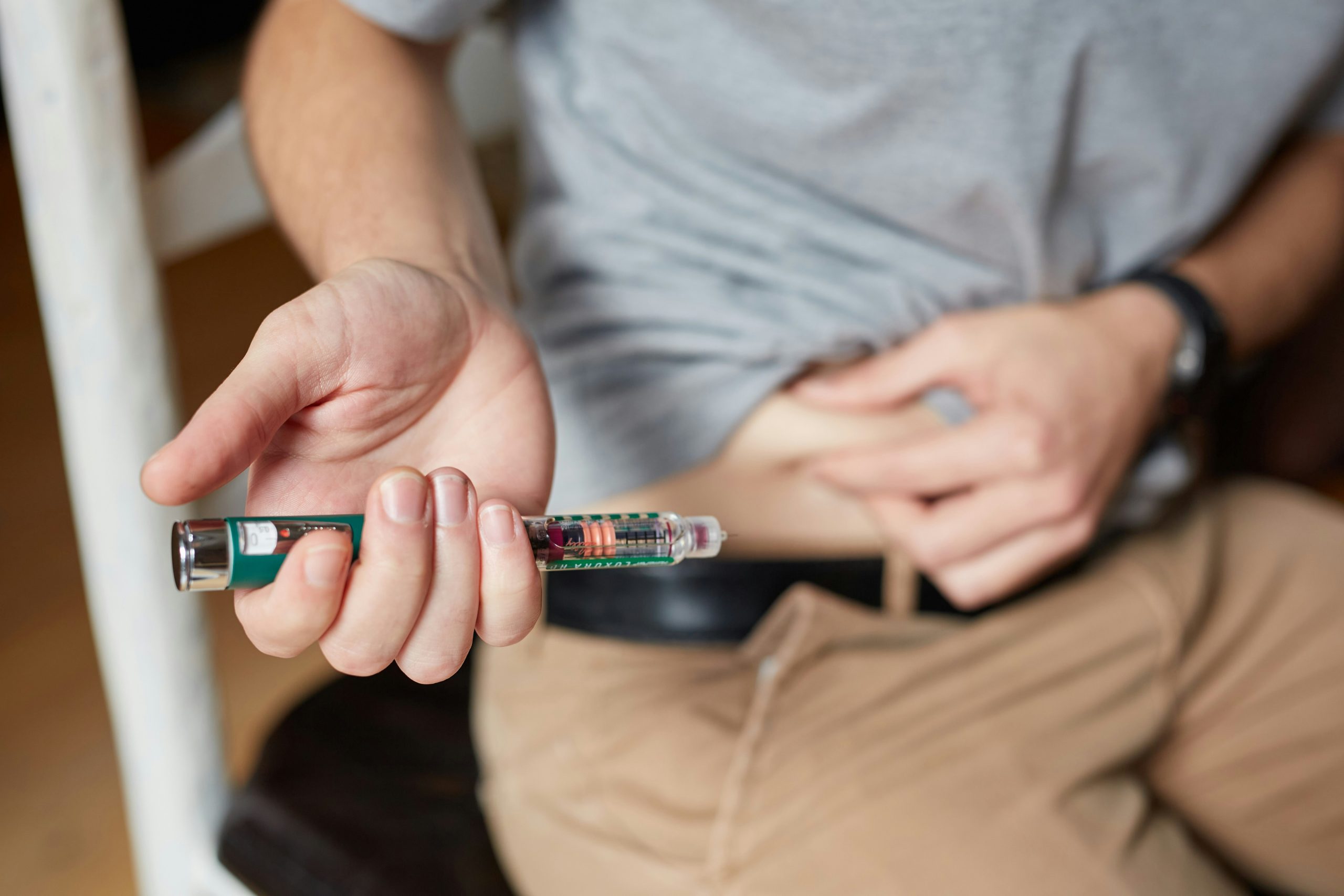-

Can blood sugar levels rise in diabetic patients even while sleeping in the early morning?
Blood sugar levels can rise during sleep due to phenomena like the ‘Dawn Phenomenon’ or ‘Somogyi Effect.’ These occur due to insulin resistance or rebound hyperglycemia after nocturnal hypoglycemia, requiring careful management of early morning blood suga
-

Should insulin be refrigerated even after opening?
Unopened insulin should generally be refrigerated, but opened insulin can usually be stored at room temperature (approx. 15-30°C) for about one month. Putting it back in the refrigerator can cause the insulin solution to become cloudy or degrade, and cold
-

Can diabetic patients experience reduced gastrointestinal motility (gastroparesis) due to long-term high blood sugar?
Diabetic neuropathy can affect the nerves of the gastrointestinal tract, leading to reduced gastrointestinal motility, known as gastroparesis. This can cause indigestion, nausea, vomiting, and difficulty with blood sugar control.
-

Is it safe to reuse insulin pen needles after a single use?
After a single use, insulin pen needles can become dull or bent, causing pain during injection and increasing the risk of infection. Reusing them also carries a very high risk of infection, so they must be safely discarded after a single use.
-

Do diabetic patients need to adjust their protein intake if their kidney function declines?
If you have kidney damage from diabetes (diabetic nephropathy), excessive protein can worsen the burden on your kidneys. Consult a healthcare professional to determine your appropriate protein intake.
-

Can sleep deprivation raise blood sugar levels in diabetic patients?
Sleep deprivation can increase the secretion of stress hormones and worsen insulin resistance, which can elevate blood sugar levels. Sufficient and quality sleep is an important factor in diabetes management.
-

Does sufficient water intake help diabetic patients manage their blood sugar?
Adequate hydration helps maintain smooth blood circulation and aids the kidneys in flushing out excess glucose. Dehydration can concentrate blood sugar, thus consistent water intake is important for diabetic patients.
-

Are diabetic foot ulcers one of the leading causes of non-traumatic lower extremity amputations?
Diabetic foot ulcers, due to poor circulation, nerve damage, and susceptibility to infection, often do not heal easily and can worsen, eventually becoming one of the most common causes of non-traumatic (not due to external impact like accidents) lower ext
-

Is consultation with a Registered Dietitian (RD) essential for diabetes management?
Registered Dietitians help manage blood sugar and prevent complications by offering personalized nutrition plans and supporting real lifestyle changes.
-

Is the C-peptide test used in diabetes diagnosis to evaluate the body’s insulin secretion ability?
C-peptide is a substance secreted along with insulin when insulin is produced in the pancreas. Measuring C-peptide levels can indirectly assess the pancreas’s ability to secrete insulin. This is useful for differentiating between Type 1 and Type 2 diabete
DangTalk download | PESS Mining | PiSTORE | Naver Cafe
